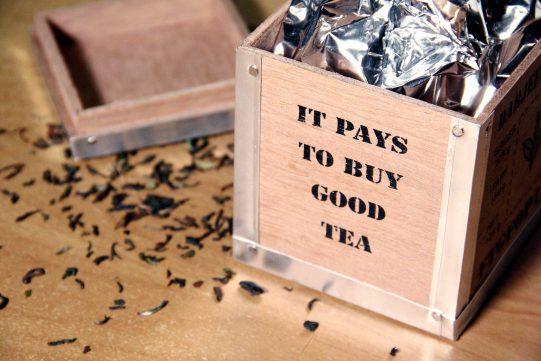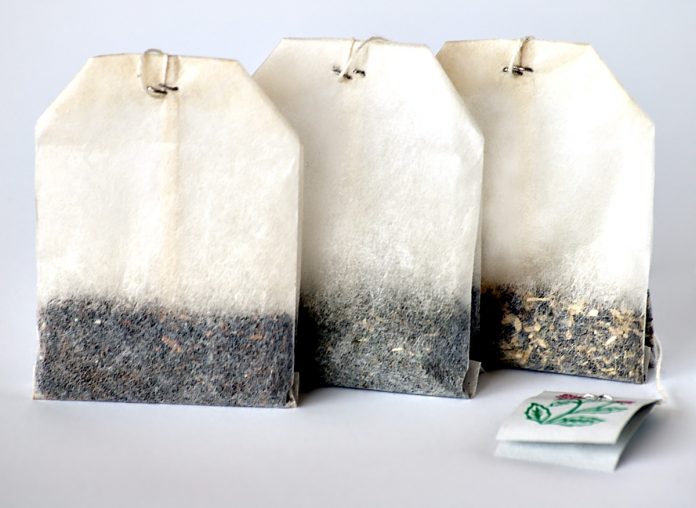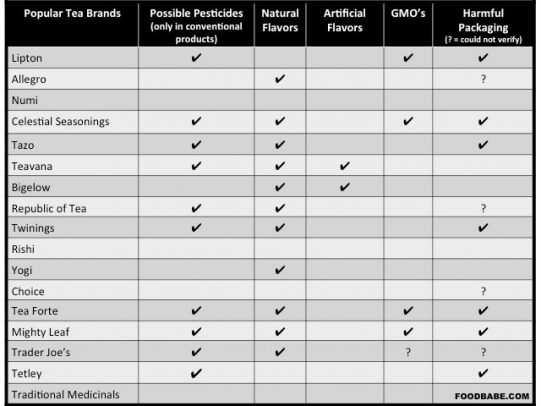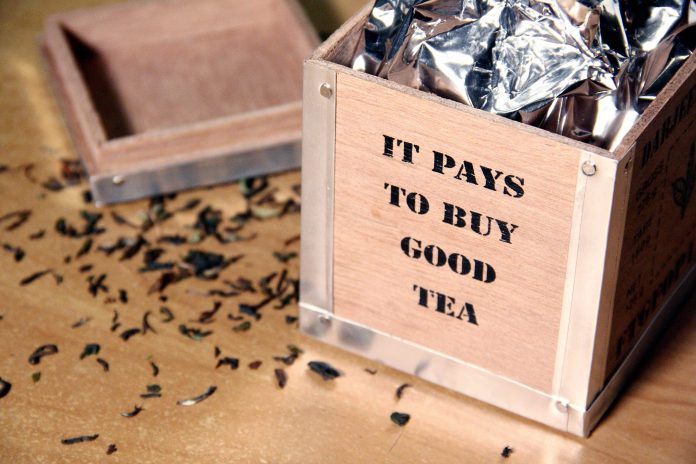 Did you know that many conventional tea brands such as:
Did you know that many conventional tea brands such as:
- Allegro
- Bigelow
- Celestial Seasonings
- Lipton
- Mighty Leaf
- Republic of Tea
- Tazo
- Teavana
- Tetley
- Twinings
- Yogi
- Tea Forte
- Trader Joe’s
contain really high levels of toxic substances such as fluoride and pesticides? And this isn’t the calcium fluoride which is a natural element, but the synthetic fluoride which is a toxic by product. In fact, it’s been found that in many instances, these levels are dangerously high and may even be considered unsafe. So drinking cheap tea can be as bad as eating junk food. Who would have thought that?
1Cheap Tea Contains Fluoride and Pesticides

It’s been found that many to most teas are not washed before being dried. And this can lead to non-organic teas containing pesticide residues depending upon where the tea is grown and how it is harvested. Some tea brands (even those claimed organic or pesticide free!) have recently been found to contain pesticides that are known carcinogens – in quantities that definitely exceed both the US and EU safe limits!
A new study that was published in the journal of Food Research International, found that cheaper blends contain enough fluoride to put people under the risk of many illnesses such as bone or teeth issues, possible kidney problems and even cancer.
In fact, some brands of cheap tea contain nearly 7 parts per million (ppm) of fluoride and the standard for allowed levels of fluoride is based at 4 ppm. The issue with this and the reason it is a concern is because fluoride can get into your bones and then accumulates in your body over time. The fluoride can stay in your body and bones for there years.
You Might Also Like: 10 Simple & Interesting Ways How to Improve Your Memory
In addition, the materials used for tea bags can also be hazardous to your health as well. For example, paper tea bags are a popular alternative to plastics but recent information on the health risks of them was noted by Dr. Mercola:
According to Dr. Mercola, many “paper tea bags are treated with epichlorohydrin, a compound mainly used in the production of epoxy resins. Considered a potential carcinogen by the National Institute for Occupational Safety and Health2 (NIOSH), epichlorohydrin is also used as a pesticide. When epichlorohydrin comes in contact with water, it hydrolyzes to 3-MCPD, which has been shown to cause cancer in animals. It has also been implicated in infertility (it has a spermatoxic effect in male rats) and suppressed immune function.”
According to an in depth review by Foodbabe – here’s the results of analysis of several popular tea products:









